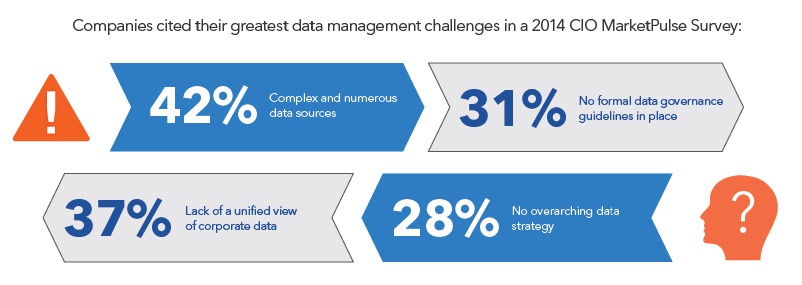
As the application stack supporting big data has matured, it has demonstrated the feasibility of ingesting, persisting and analyzing potentially massive data sets that originate both within and outside of conventional enterprise boundaries. But what does this mean from a data governance perspective?










